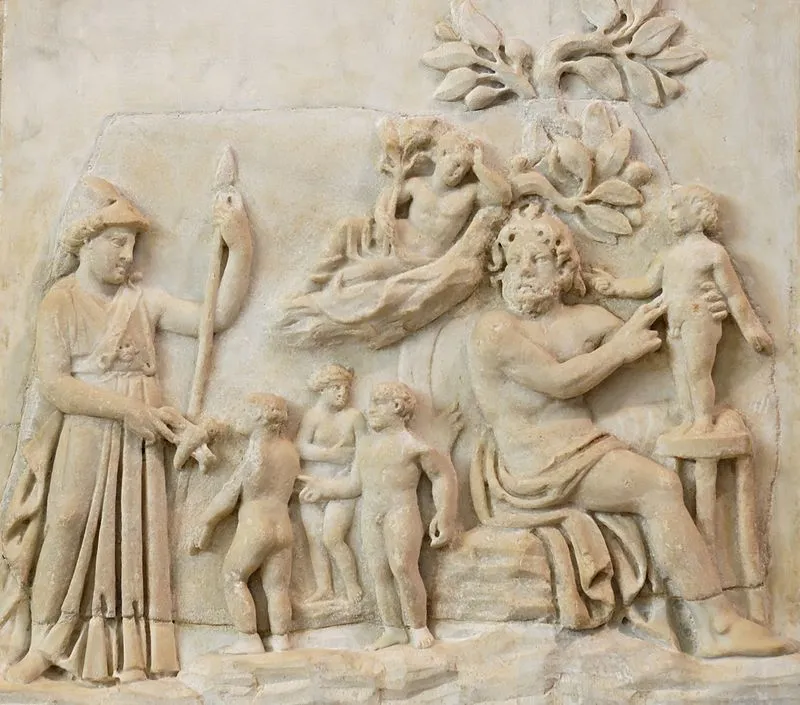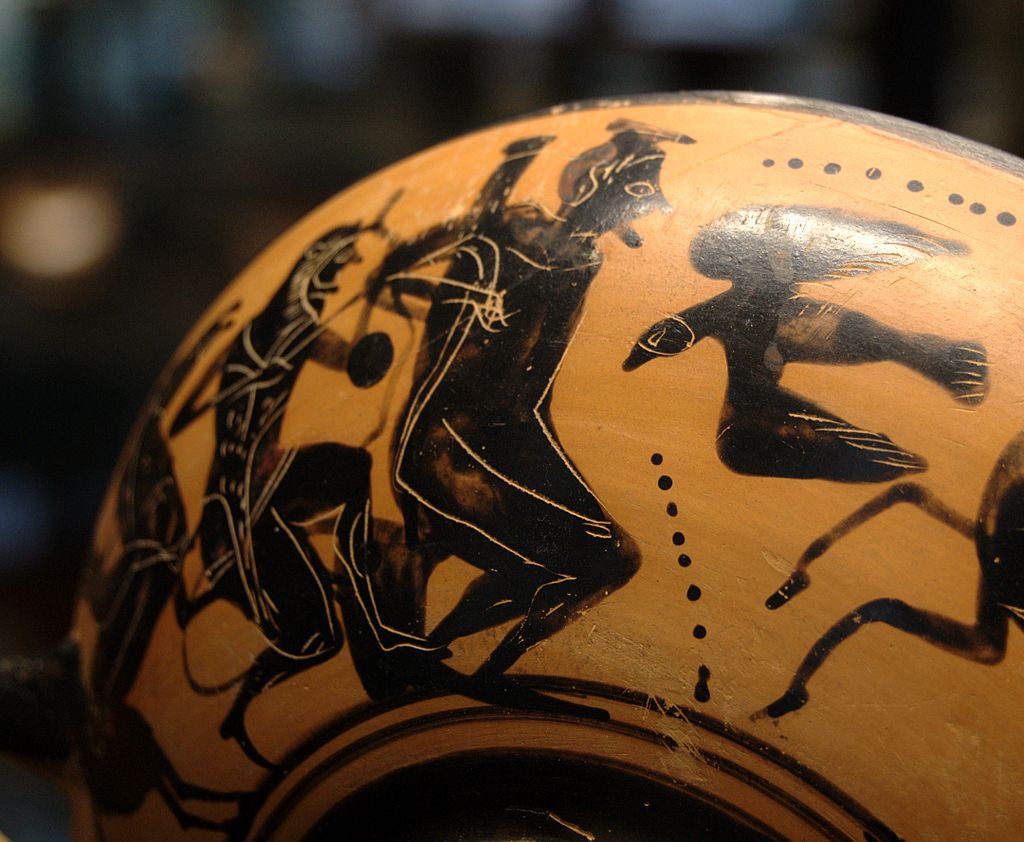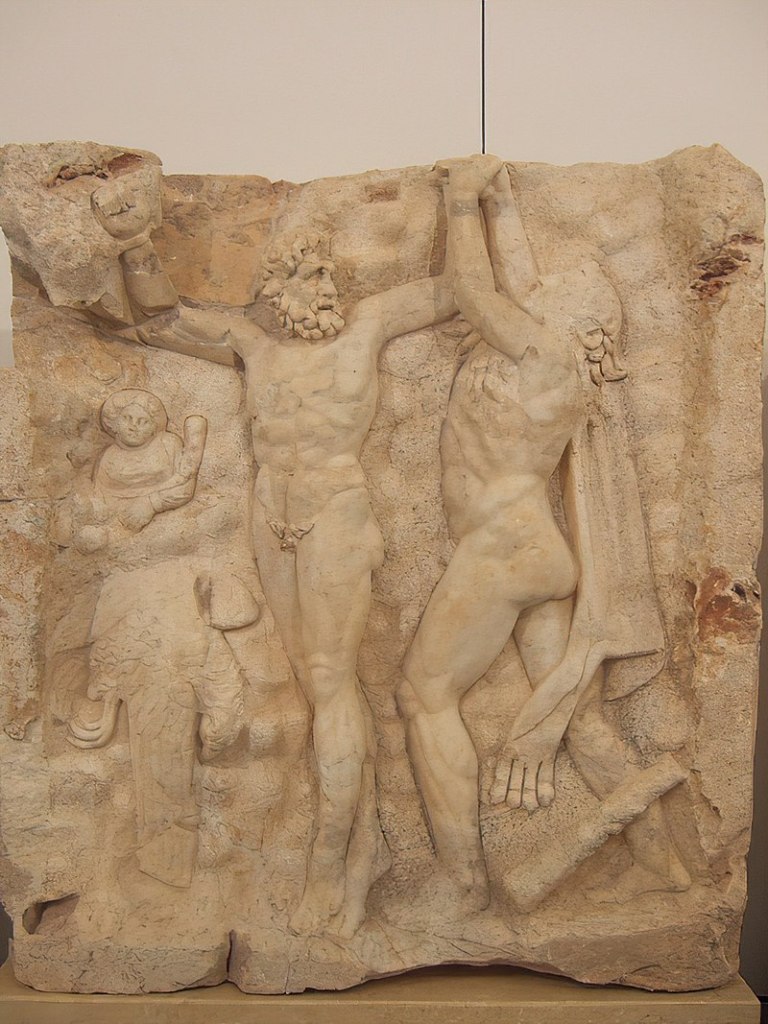Prometheus
Prometheus was the Titan god of forethought and crafty counsel. He was also a champion of humanity and a defiant figure, who defied the will of the gods, shaping mankind from clay and stealing fire from Mount Olympus to empower his creation. This act of rebellion ignited a conflict that defined him – a champion who dared to challenge the established order for the betterment of humanity.

Residence: Mount Caucasus
Parents: Iapetus and Clymene
Siblings: Anchiale, Atlas, Epimetheus and Menoetheus
His first act of rebellion was a cunning deception. During the establishment of sacrifice, Prometheus cleverly tricked the gods into choosing the less desirable portion – the fatty bones – for themselves. He ensured the tastier meat, symbolizing strength and sustenance, went to humanity. This act, however, only served as a prelude to a greater transgression. Enraged by Prometheus’ audacity, Zeus withheld fire from mankind, denying them the warmth, light, and technological advancement it offered.

Undeterred, Prometheus embarked on his most daring act – he stole fire from Mount Olympus, hidden within a hollow fennel stalk, and delivered it to humankind. Zeus’ vengeance was swift and brutal. He unleashed Pandora, the first woman, upon the world. Pandora, unknowingly carrying a jar filled with misery and misfortune, opened it, unleashing suffering upon humanity. Some myths suggest she also released hope, offering a glimmer of solace amidst the unleashed evils.
As for Prometheus, his punishment was agonizing. He was bound to a rock on Mount Caucasus, where an eagle descended daily to devour his ever-regenerating liver. Each night, his liver grew back, only to be torn out again the next day, condemning him to an eternity of suffering.

Prometheus’ defiance, though met with cruel punishment, became a symbol of human potential and the relentless pursuit of progress. He dared to challenge the established order, and in doing so, ignited the flame of human advancement.
Generations later, the great hero Heracles, on one of his legendary labors, arrived at Mount Caucasus. Witnessing Prometheus’ torture, Heracles, with Zeus’ reluctant permission (in some versions, against Zeus’ will), slew the eagle and freed the Titan from his torment.

This act of liberation, however, wasn’t without ambiguity. Some myths suggest Prometheus remained forever marked by his ordeal, a constant reminder of the price he paid for his rebellion. Others claim he was eventually reconciled with Zeus, a symbol of a potential truce between humanity’s champion and the king of the gods.
